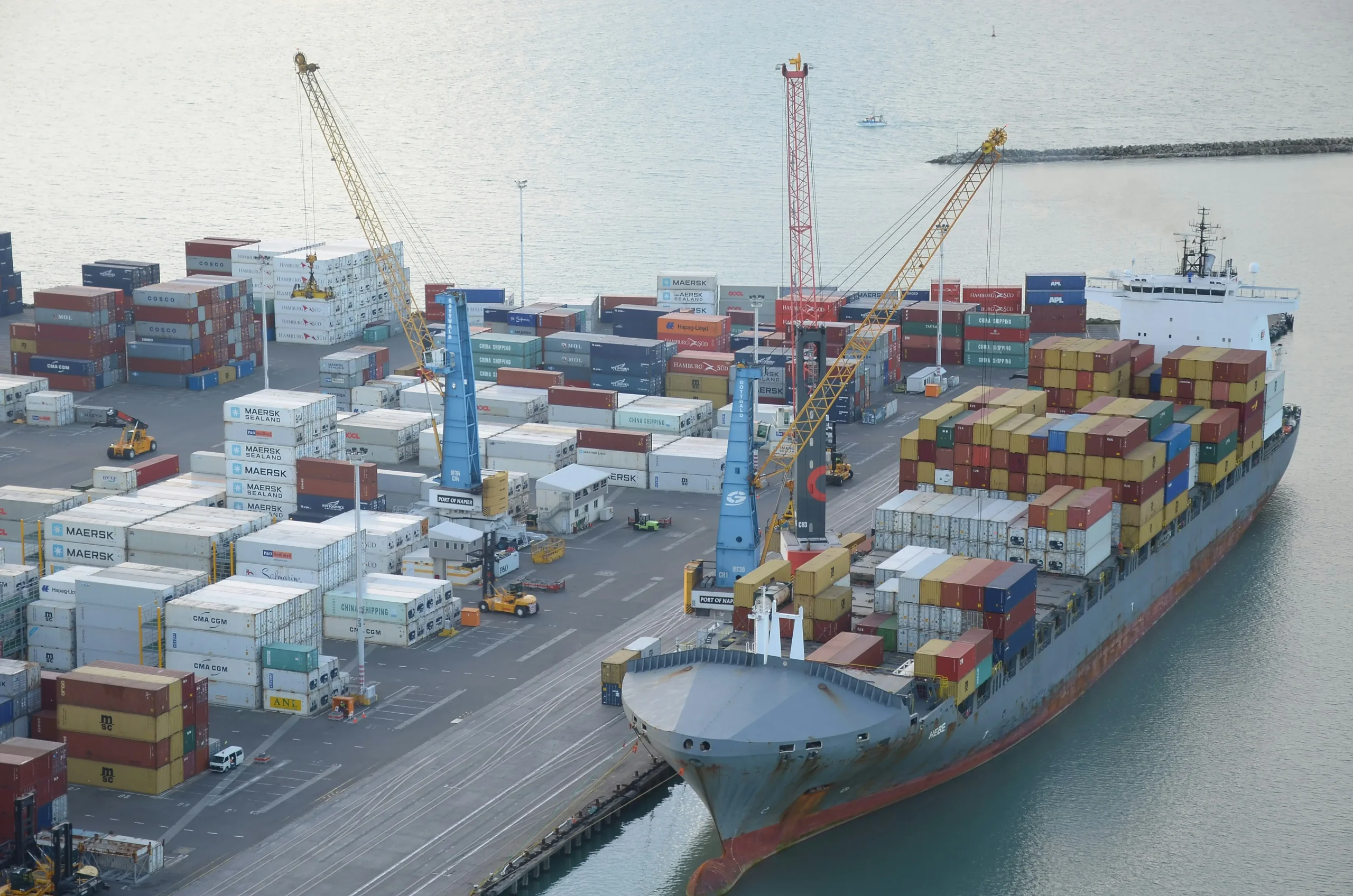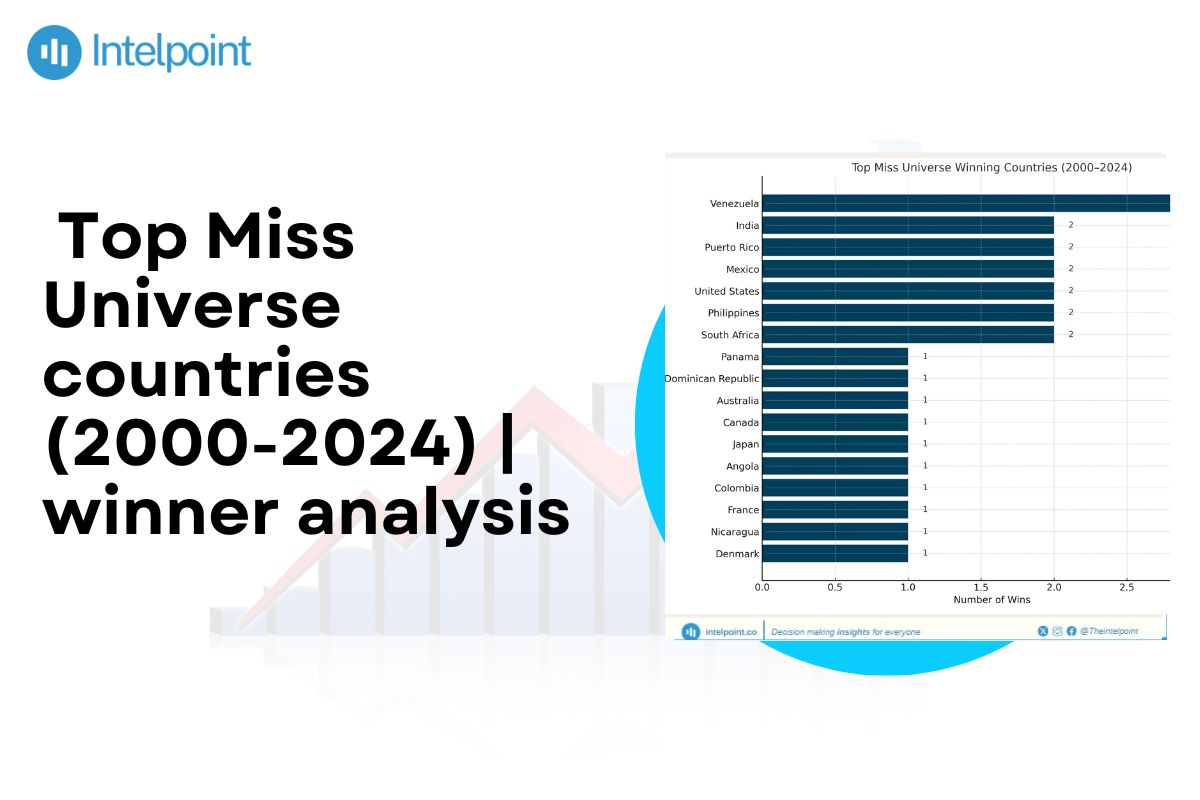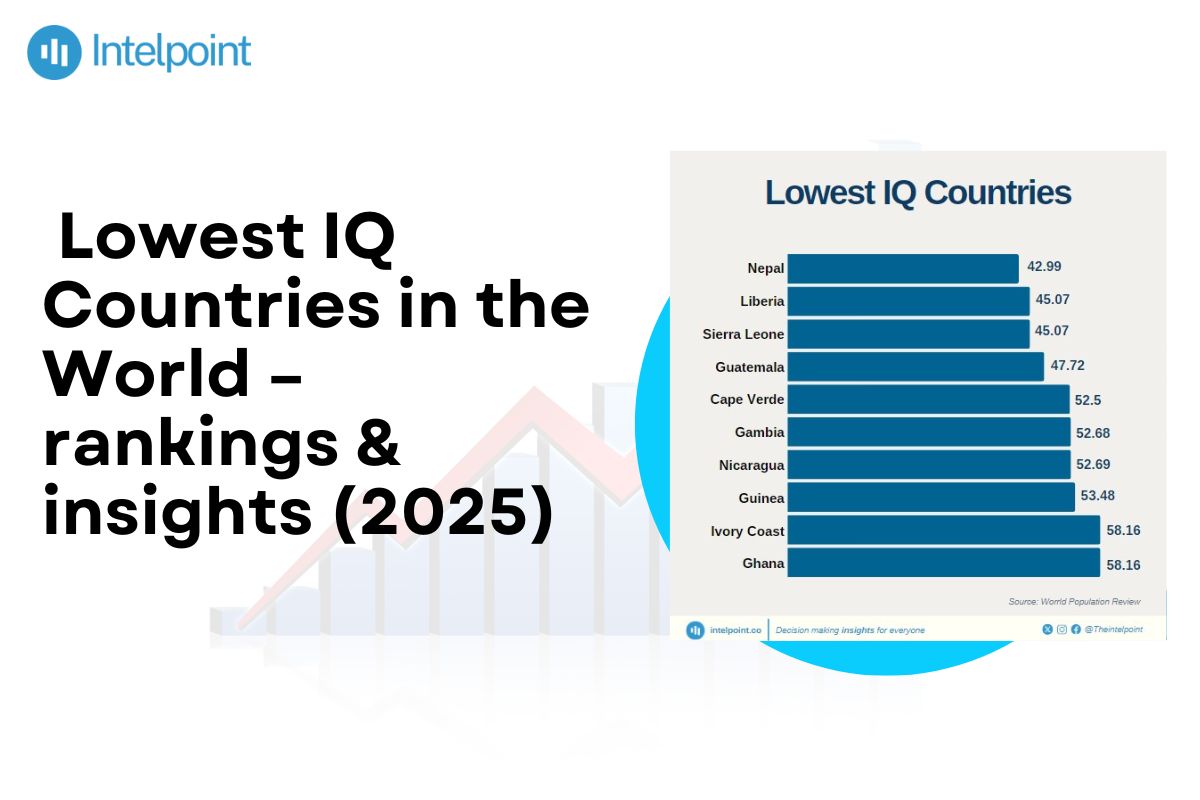In President Tinubu's first year in office, Nigerian's have been concerned about inflation and the falling naira, with the cost of food items increasing drastically. Here are some key indicators during his first year managing the country's economy.

Between Q2 2023 and Q1 2024, Nigeria's GDP grew steadily, peaking in Q4 2023. Public debt rose by 11.3%, from ₦87.4 trillion to ₦97.3 trillion by the end of 2023. Inflation surged from 22.4% to 33.7% by April 2024, with food inflation reaching 40.5%, exemplified by the doubling cost of rice and wheat. President Tinubu's removal of the fuel subsidy led to petrol prices soaring by 220%. The naira's exchange rate against the dollar plummeted by over 200%. Crude oil production increased from 1.18 million barrels per day (b/d) to a peak of 1.43 million b/d, settling at 1.28 million b/d by April 2024.




